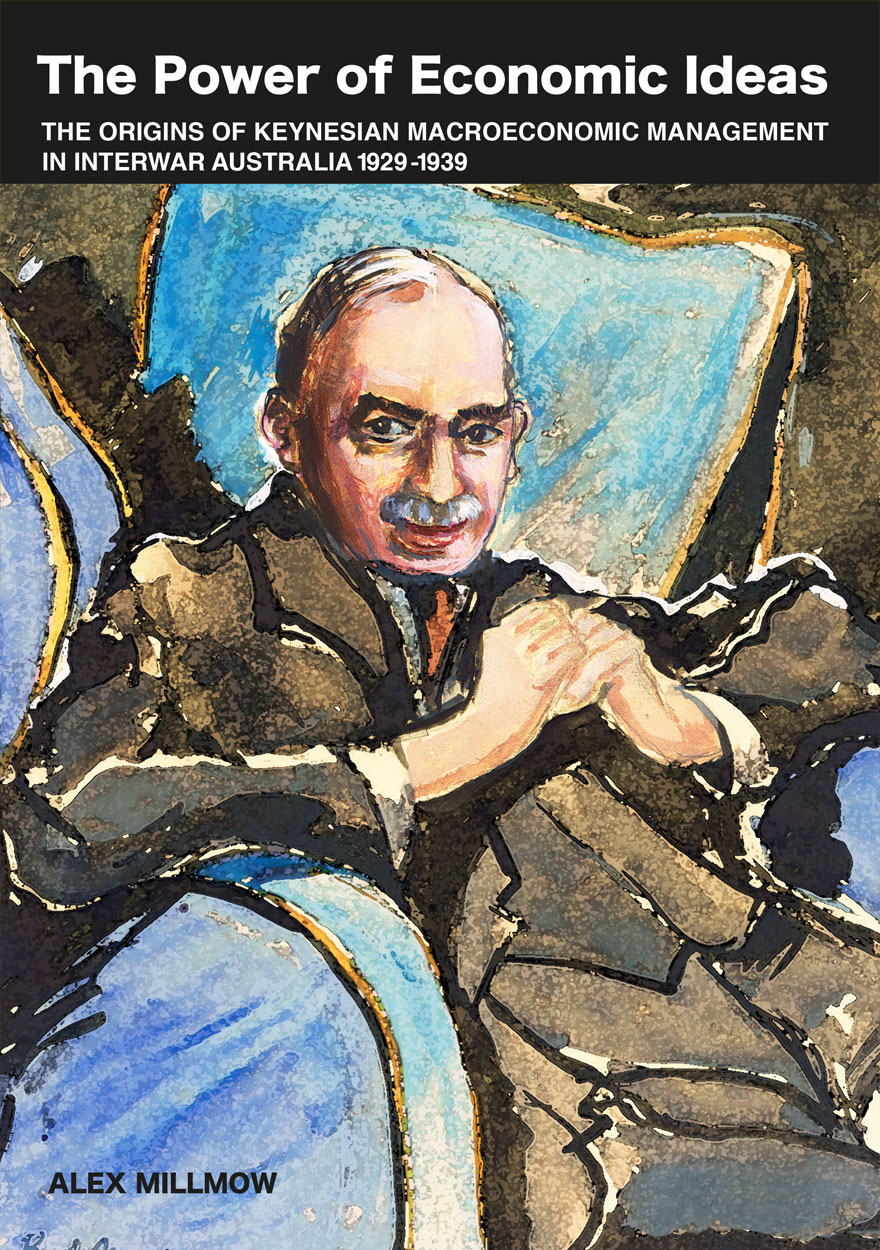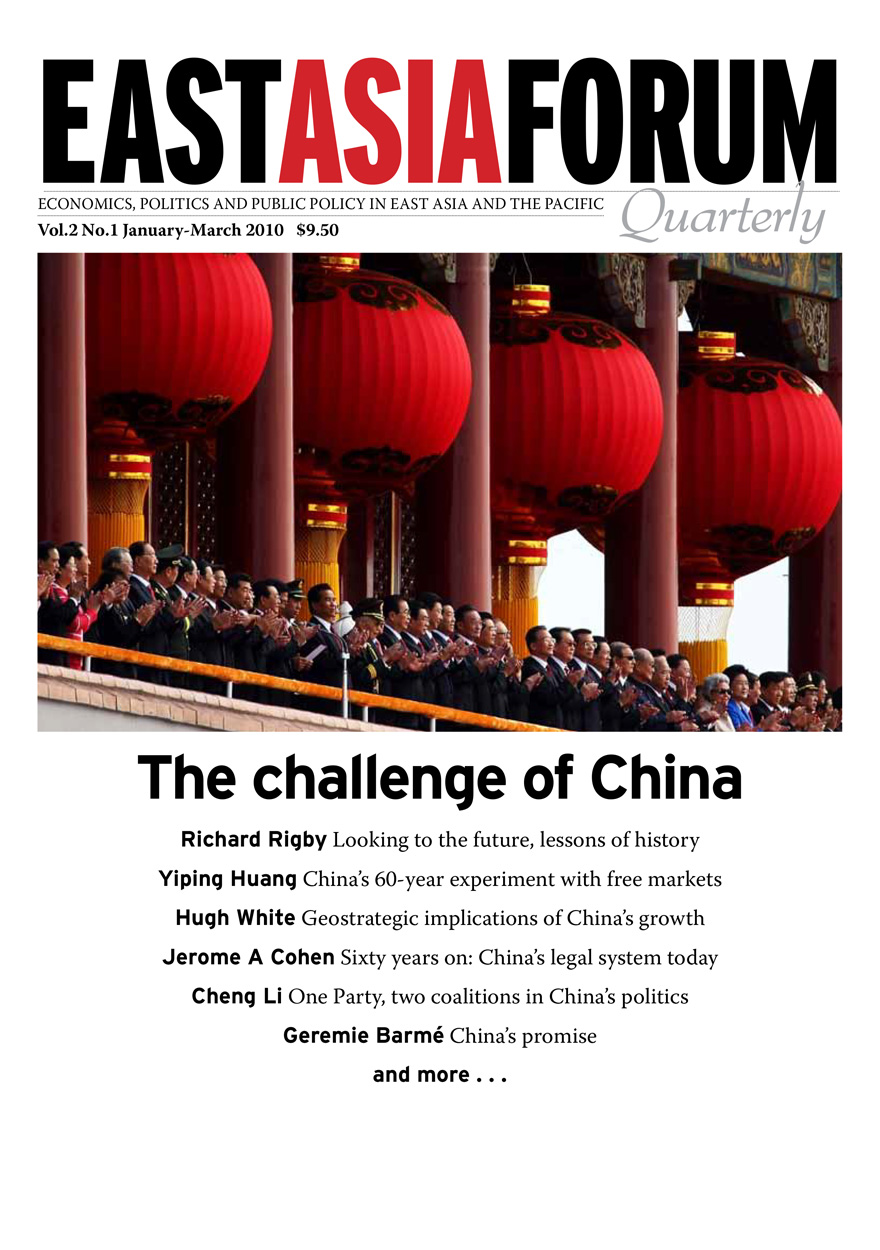Search titles
Displaying results 181 to 190 of 282.

Public Policy »
Why ethics matters
Publication date: October 2010
Ethics is a vigorously contested field. There are many competing moral frameworks, and different views about how normative considerations should inform the art and craft of governmental policy making. What is not in dispute, however, is that ethics matters. The ethical framework adopted by policy analysts and decision makers not only shapes how policy problems are defined, framed and analysed, but also influences which ethical principles and values are taken into account and their weighting. As a result, ethics can have a profound impact, both on the character of the policy process and the choices made by decision makers.
Public Policy – Why Ethics Matters brings together original contributions from leading scholars and practitioners with expertise in various academic disciplines, including economics, philosophy, physics, political science, public policy and theology. The volume addresses three main issues: fist, the ethical considerations that should inform the conduct of public officials and the task of policy analysis; second, the ethics of climate change; and third, ethics and economic policy. While the contributors have varying views on these important issues, they share a common conviction that the ethical dimensions of public policy need to be better understood and given proper attention in the policy-making process.

The Future of Audit »
Keeping Capital Markets Efficient
Publication date: August 2010
At a time when increased independence requirements for auditors, legal backing for auditing standards, and increased audit documentation requirements have occurred, this book examines key issues in the market for audit services in Australia. It investigates issues including: the understandability of audit and the state of the audit expectations gap; auditors’ business acumen and industry expertise; the auditors’ use of materiality; whether or not the increasingly prescriptive nature of auditing is creating a distraction from the ‘real’ audit task and stifling auditors’ judgement; whether or not CLERP 9 reforms involving audit partner rotation and restrictions on non-audit service provision are efficient and effective and reactions to the increasing scrutiny of auditors and audit firms by regulators. With its thorough coverage of contemporary issues, this book intersperses the authors’ summaries, interpretations and recommendations with the perceptions, expressed in their own words in order to faithfully convey their candid assessments, of users of audit reports, purchasers and suppliers of the audit product, auditing standard setters and regulators of the audit market.

China: The Next Twenty Years of Reform and Development »
Publication date: July 2010
China has made some remarkable achievements during the first three decades of economic reform and opening up, rising to become one of the world’s most dynamic and globally-integrated market economies. Yet there remains much unfinished business on the reform and development agenda, coupled with newly emerging challenges. China: The Next Twenty Years of Reform and Development highlights how the deepening of reforms in critical areas such as domestic factor markets, the exchange rate regime and the health system, combined with the strengthening of channels for effective policy implementation, will enable China to cope with the challenges that lie ahead. These include responding to the pending exhaustion of the unlimited supply of labour; playing a constructive role in reducing global trade imbalances; enhancing firms’ ability to innovate; coping with migration, urbanisation and rising inequalities on scales unknown in world history; and dealing with rising energy and metal demand in an era in which low-carbon growth has become a necessity rather than a choice.
Chinese translation

East Asia Forum Quarterly: Volume 2, Number 3, 2010 »
Publication date: July 2010
East Asia Forum Quarterly grew out of East Asia Forum (EAF) online, which has developed a reputation for providing a platform for the best in Asian analysis, research and policy comment on the Asia Pacific region in world affairs. EAFQ aims to provide a further window onto research in the leading research institutes in Asia and to provide expert comment on current developments within the region. The East Asia Forum Quarterly, like East Asia Forum online, is an initiative of the East Asia Forum (EAF) and its host organisation, the East Asian Bureau of Economic Research (EABER) in the Crawford School of Economics and Government in the College of Asia & the Pacific at The Australian National University.
Download for free
Not available for purchase

Agenda - A Journal of Policy Analysis and Reform: Volume 17, Number 1, 2010 »
Edited by: William Coleman
Publication date: July 2010
Agenda is a refereed, ECONLIT-indexed and RePEc-listed journal of the College of Business and Economics, The Australian National University. Launched in 1994, Agenda provides a forum for debate on public policy, mainly (but not exclusively) in Australia and New Zealand. It deals largely with economic issues but gives space to social and legal policy and also to the moral and philosophical foundations and implications of policy.
Subscribe to the Agenda Alerting service if you wish to be advised on forthcoming or new issues.
Download for free
Not available for purchase

China's New Place in a World in Crisis (Chinese version) »
全球金融危机下的中国:经济、地缘政治和环境的视角
Edited by: Ross Garnaut, Ligang Song, Wing Thye Woo
Publication date: June 2010
2008年的金融危机,使全球状况和中国的世界地位都发生了改变。这场危机加速了中国作为一个有影响力的大国的崛起。本书将对下列问题进行深入探讨:此次全球危机会对中国的增长前景长造成怎样的影响?这场危机的演化和中国的应对举措,会对中国的工业化、城市化进程以及国有企业改革等问题施加何种影响?国际社会将如何应对迅速出现的国际新秩序?中国和其他主要发展中国家将在国际社会中担当怎样的新角色?中国和世界能否打破经济增长和破坏环境的宿命,尤其是如 何解决气候变化问题?
Chinese print version of this book is available from Social Science and Academic Press

The Power of Economic Ideas »
The origins of Keynesian macroeconomic management in interwar Australia 1929–39
Authored by: Alex Millmow
Publication date: May 2010
Economics, Keynes once wrote, can be a ‘very dangerous science’. Sometimes, though, it can be moulded to further the common good though it might need a leap in mental outlook, a whole new zeitgeist to be able do do. This book is about a transformation in Australian economists’ thought and ideas during the interwar period. It focuses upon the interplay between economic ideas, players and policy sometimes in the public arena. In a decade marked by depression, recovery and international political turbulence Australian economists moved from a classical orthodox economic position to that of a cautious Keynesianism by 1939.
We look at how a small collective of economists tried to influence policy-making in the nineteen-thirties. Economists felt obliged to seek changes to the parameters as economic conditions altered but, more importantly, as their insights about economic management changed. There are three related themes that underscore this book. Firstly, the professionalisation of Australian economics took a gigantic leap in this period, aided in part, by the adverse circumstances confronting the economy but also by the aspirations economists held for their discipline. A second theme relates to the rather unflattering reputation foisted upon interwar economists after 1945.
That transition underlies a third theme of this book, namely, how Australian economists were emboldened by Keynes’s General Theory to confidently push for greater management of economic activity. By 1939 Australian economists conceptualized from a new theoretic framework and from one which they advanced comment and policy advice. This book therefore will rehabilitate the works of Australian interwar economists, arguing that they not only had an enviable international reputation but also facilitated the acceptance of Keynes’s General Theory among policymakers before most of their counterparts elsewhere.

East Asia Forum Quarterly: Volume 2, Number 2, 2010 »
Publication date: May 2010
East Asia Forum Quarterly grew out of East Asia Forum (EAF) online, which has developed a reputation for providing a platform for the best in Asian analysis, research and policy comment on the Asia Pacific region in world affairs. EAFQ aims to provide a further window onto research in the leading research institutes in Asia and to provide expert comment on current developments within the region. The East Asia Forum Quarterly, like East Asia Forum online, is an initiative of the East Asia Forum (EAF) and its host organisation, the East Asian Bureau of Economic Research (EABER) in the Crawford School of Economics and Government in the College of Asia & the Pacific at The Australian National University.
Download for free
Not available for purchase

East Asia Forum Quarterly: Volume 2, Number 1, 2010 »
Publication date: February 2010
East Asia Forum Quarterly grew out of East Asia Forum (EAF) online, which has developed a reputation for providing a platform for the best in Asian analysis, research and policy comment on the Asia Pacific region in world affairs. EAFQ aims to provide a further window onto research in the leading research institutes in Asia and to provide expert comment on current developments within the region. The East Asia Forum Quarterly, like East Asia Forum online, is an initiative of the East Asia Forum (EAF) and its host organisation, the East Asian Bureau of Economic Research (EABER) in the Crawford School of Economics and Government in the College of Asia & the Pacific at The Australian National University.
Download for free
Not available for purchase

East Asia Forum Quarterly: Volume 1, Number 3, 2009 »
Publication date: December 2009
East Asia Forum Quarterly grew out of East Asia Forum (EAF) online, which has developed a reputation for providing a platform for the best in Asian analysis, research and policy comment on the Asia Pacific region in world affairs. EAFQ aims to provide a further window onto research in the leading research institutes in Asia and to provide expert comment on current developments within the region. The East Asia Forum Quarterly, like East Asia Forum online, is an initiative of the East Asia Forum (EAF) and its host organisation, the East Asian Bureau of Economic Research (EABER) in the Crawford School of Economics and Government in the College of Asia & the Pacific at The Australian National University.
Download for free
Not available for purchase



